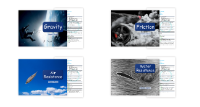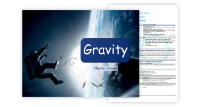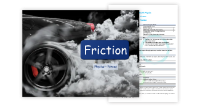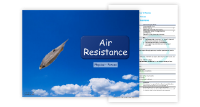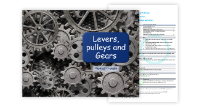Water Resistance
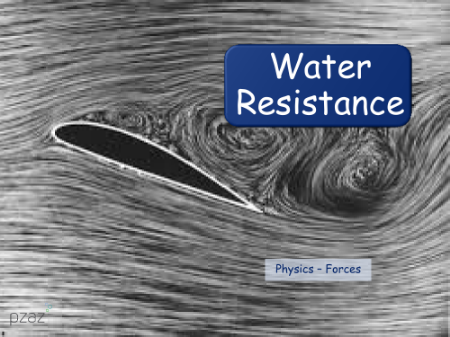
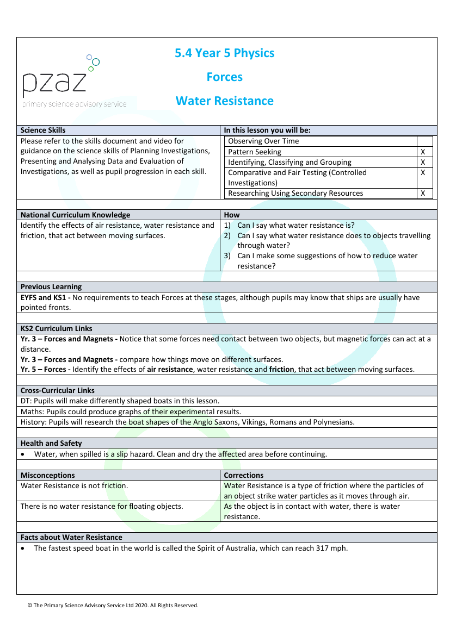

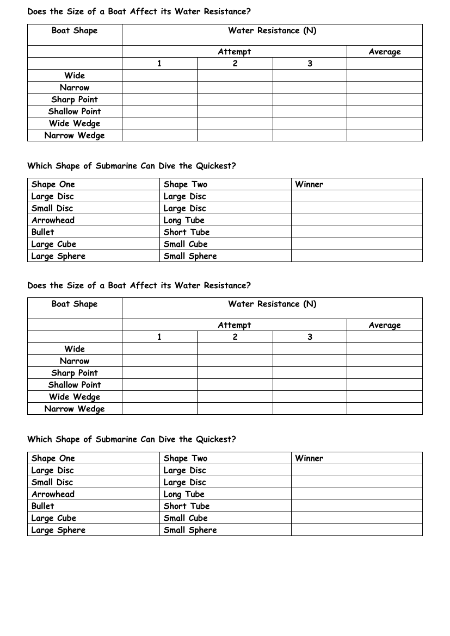
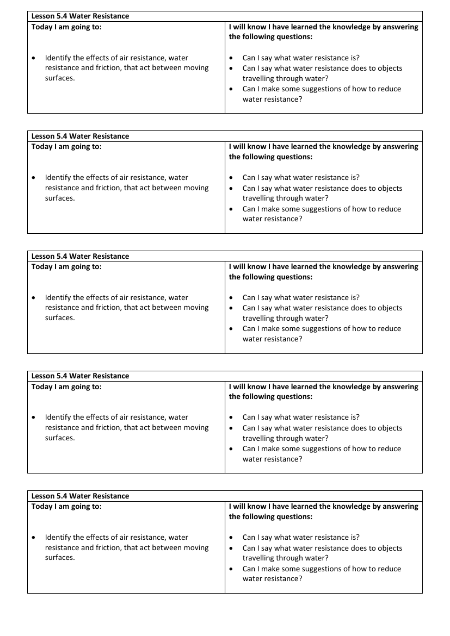
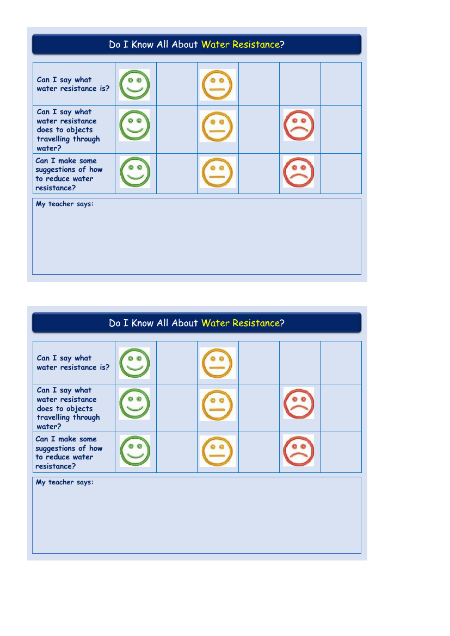

Science Lesson Description
This lesson focuses on the concept of water resistance, its effects on moving objects, and ways to reduce it. Students will learn about the forces that act between moving surfaces and how they affect the movement of objects. The students will be introduced to the influential scientists who have studied water resistance and friction, and will be taught about the differences between water resistance and friction.
The lesson is divided into three activities: making and testing boats, watercraft shape research, and the quickest submarine. In the first activity, students will create different boat shapes and measure the water resistance using a force meter. In the second activity, students will research the shapes of different watercraft and compare them with ancient and modern watercraft. In the third activity, students will create submarines and compare their speeds.
Keywords
- Friction
- Water Resistance
- Surface Area
- Decelerate
- Water Particles
- Drag
- Float
- Sink
Misconceptions
- Water Resistance is not friction
- There is no water resistance for floating objects
It is important to note that water resistance is a type of friction, where the particles of an object strike water particles as it moves through air. Also, objects in contact with water still experience water resistance.
Important Lesson Guidance
In this lesson, students will be conducting experiments with water troughs, so it is important to have plenty of paper towels ready. The cleanup procedure for the water trough experiments is described in the lesson plan, but if students forget to place their troughs on the corner of the table, they will need to use a jug as a scoop instead.

